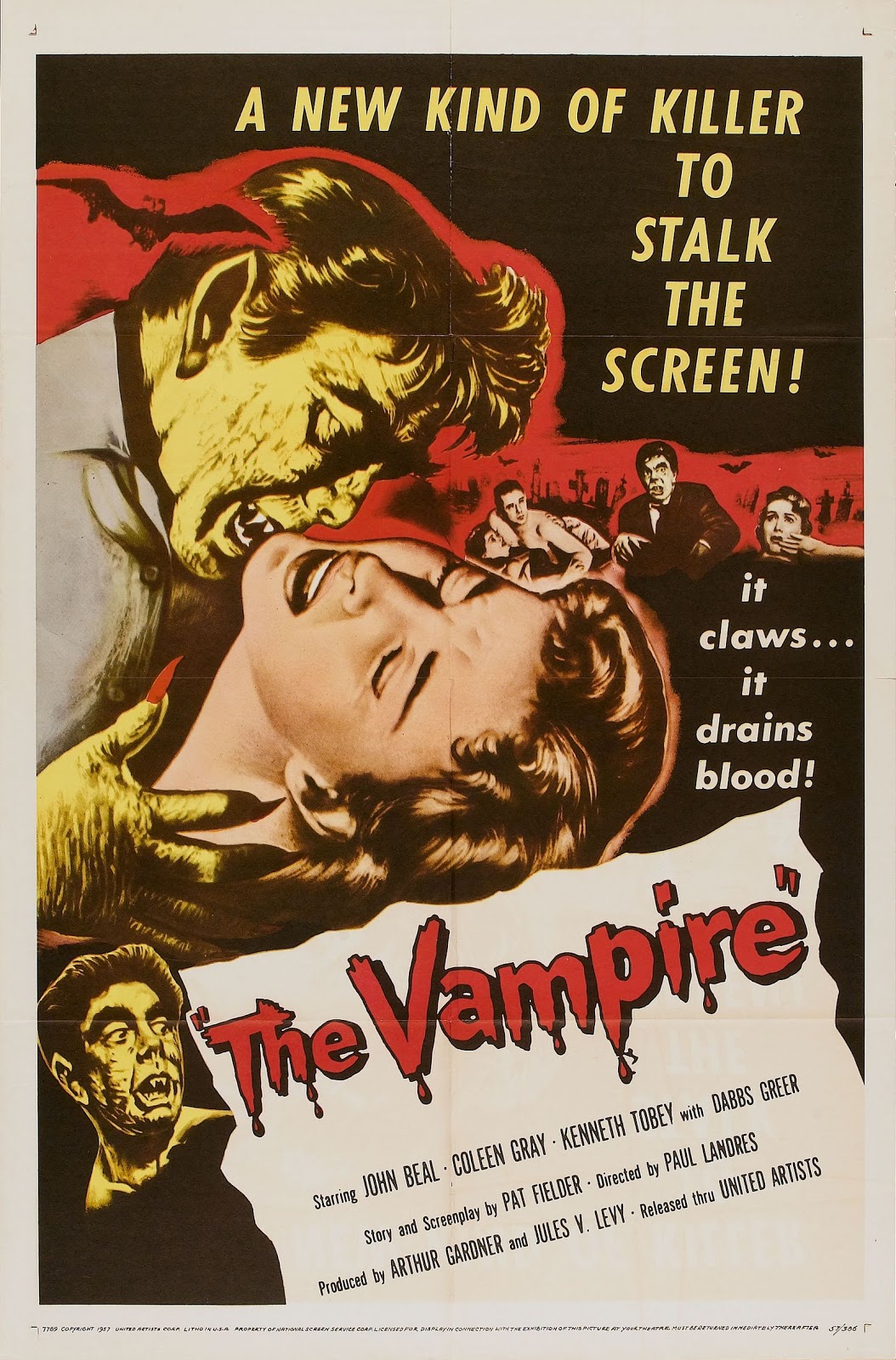The year 1957 was a remarkable period in the history of cinema, marking the release of a diverse array of films that captivated audiences worldwide. From groundbreaking narratives to stunning visuals, these films not only reflected the social and cultural dynamics of the time but also set the stage for future cinematic innovations. As we delve into the essence of 1957 films, we will uncover the most significant releases, their impact on the film industry, and the reasons why they remain relevant today.
The film industry in 1957 was characterized by a blend of genres, including drama, comedy, thriller, and musicals, showcasing the versatility of filmmakers. Notable directors and emerging stars contributed to a rich tapestry of storytelling that continues to influence filmmakers and audiences alike. In this article, we will explore the major films of 1957, their significance, and the lasting legacy they have left behind.
Join us as we embark on a journey through time, revisiting the classic films that defined 1957 and shaped the future of cinema. Whether you are a film enthusiast, a student of cinema history, or simply curious about this transformative year, this article aims to provide a comprehensive understanding of the films that made 1957 a pivotal year in the cinematic world.
Table of Contents
- Major Films of 1957
- Biography of Key Filmmakers
- Impact on Cinema
- Cultural Context of 1957
- Film Genres in 1957
- Notable Awards and Nominations
- Legacy of 1957 Films
- Conclusion
Major Films of 1957
The year 1957 saw the release of several iconic films that have since become classics. Here are some of the most notable:
- 12 Angry Men - A gripping courtroom drama directed by Sidney Lumet that explores the dynamics of jury deliberation.
- Bridge on the River Kwai - An epic war film directed by David Lean, which won seven Academy Awards including Best Picture.
- Funny Face - A romantic musical starring Audrey Hepburn and Fred Astaire, celebrated for its fashion and music.
- The Bridge on the River Kwai - An adaptation of Pierre Boulle's novel, this film is a poignant commentary on the absurdities of war.
- Paths of Glory - Directed by Stanley Kubrick, this anti-war film critiques military hierarchy and the futility of war.
Additional Noteworthy Films
- Night of the Demon - A classic horror film that has gained a cult following.
- Island in the Sun - A romantic drama that tackled themes of race and social issues.
- The Ten Commandments - Cecil B. DeMille's biblical epic that remains a staple of American cinema.
Biography of Key Filmmakers
Several influential filmmakers emerged during this era, shaping the cinematic landscape with their unique visions. Here are a few key figures:
| Name | Notable Works | Contribution |
|---|---|---|
| Sidney Lumet | 12 Angry Men, Dog Day Afternoon | Renowned for his realistic portrayal of social issues and character-driven narratives. |
| David Lean | Bridge on the River Kwai, Lawrence of Arabia | Famous for his epic storytelling and masterful cinematography. |
| Stanley Kubrick | Paths of Glory, 2001: A Space Odyssey | Known for his innovative techniques and thought-provoking themes. |
Impact on Cinema
The films of 1957 had a profound impact on the film industry, influencing future generations of filmmakers. Here are some key points regarding their significance:
- Innovative Storytelling: Filmmakers began to experiment with narrative structures, leading to more complex and engaging stories.
- Cultural Reflection: Many films addressed pressing social issues, reflecting the changing attitudes of society.
- Technological Advancements: The use of color and sound in films advanced significantly during this time, enhancing the viewing experience.
Cultural Context of 1957
The cultural climate of the late 1950s played a significant role in shaping the films of this period. Key factors included:
- Post-War Society: The aftermath of World War II influenced themes of conflict, morality, and human resilience.
- Rise of Counterculture: The emergence of youth culture and countercultural movements began to challenge traditional values.
- Technological Advancements: The introduction of television changed how audiences consumed media, prompting filmmakers to innovate.
Film Genres in 1957
The diversity of film genres in 1957 showcased the versatility of filmmakers. Here are some prominent genres:
- Drama: Films like 12 Angry Men and Paths of Glory highlighted intense human emotions and moral dilemmas.
- Musical: Funny Face and other musicals captivated audiences with their vibrant music and choreography.
- Thriller: Movies like Night of the Demon introduced suspense and psychological tension.
Notable Awards and Nominations
Many films released in 1957 garnered critical acclaim and recognition through prestigious awards. Key highlights include:
- Academy Awards: The Bridge on the River Kwai won seven Oscars, including Best Picture.
- Golden Globe Awards: Various films received nominations and wins, reflecting their impact on Hollywood.
Legacy of 1957 Films
The legacy of films from 1957 continues to resonate in contemporary cinema. Their influence can be seen in:
- Modern Filmmaking: Filmmakers today draw inspiration from the storytelling techniques and themes explored in these classics.
- Cultural References: Many films from this year have become part of the cultural lexicon, referenced in various media.
Conclusion
In conclusion, the films of 1957 represent a significant chapter in cinematic history, showcasing a rich diversity of storytelling and innovation. From powerful dramas to enchanting musicals, these films not only entertained but also provoked thought and reflection on societal issues. As we continue to celebrate and analyze these classics, we invite you to share your thoughts in the comments below and explore more articles on our site about the fascinating world of cinema.
Thank you for joining us on this exploration of 1957 films. We hope you found this article informative and engaging, and we look forward to welcoming you back for more cinematic insights in the future.




